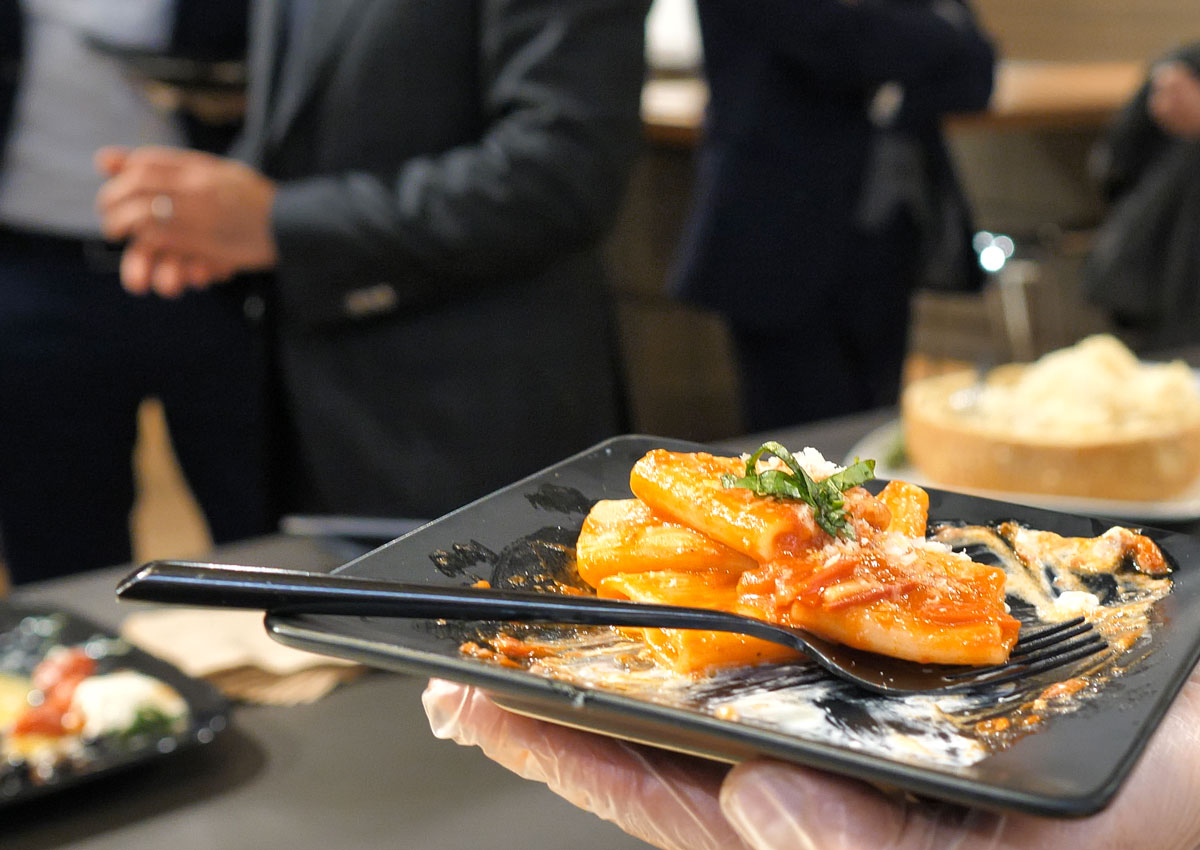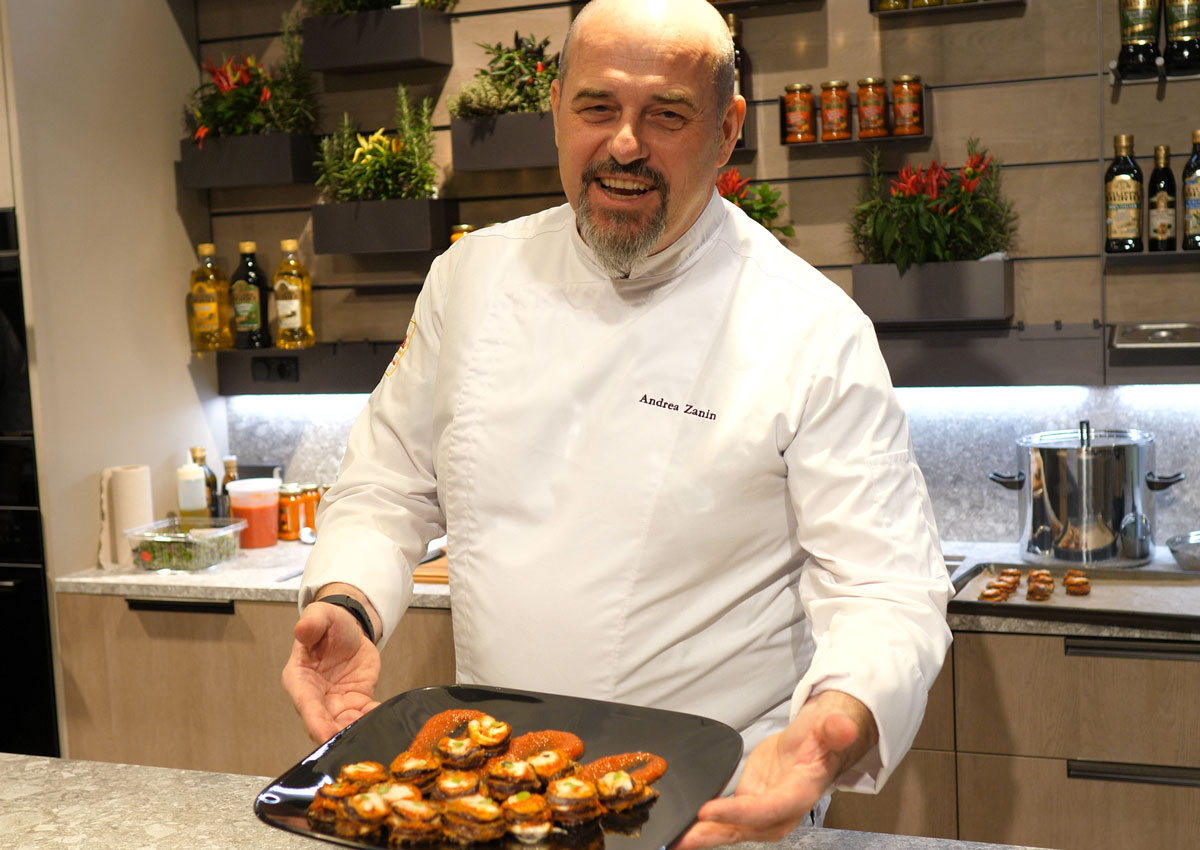
The imposition of higher US tariffs on EU goods, including top exported Italian products such as cheese, ham and liqueurs, risks hurting international relations and reduce the offer of healthy products for American consumers.
“I ask myself why in the case of alleged subsidies for plane makers they decided to hit agricultural products that are good for people?” said Marco de Ceglie, the CEO of Salov USA-Filippo Berio and a member of the North American Olive Oil Association.
De Ceglie spoke on September 30 at the launch in New York of The Green Fit, a new learning format by GP Communications and Filippo Berio for the promotion of the Mediterranean diet and the Italian lifestyle.
His remarks came the day before the World Trade Organization decided in its largest-ever arbitration ruling that the United States can impose tariffs on EU goods worth a total of 7.5 billion dollars per year (6.8 billion euros). According to estimates by Italian farmers association Coldiretti, a 25% tariff increase will affect Italian food exports to the United States for a value of about 0.5 billion euros.

The Office of the US Trade Representative (USTR) said the tariffs would start on October 18.
Italian authorities have intensified efforts to try to preserve the Italian industry from the impact of a decision that concerns a 15-year long EU-US dispute over subsidies to plane manufacturers Airbus and Boeing.
“Higher tariffs can create problems in international relations that go beyond their economic impact,” Maurizio Forte, the director of the Italian Trade Agency in New York, said at the Green Fit event the day before the WTO announced its decision.
Popular products such as Parmigiano Reggiano, Grana Padano, Pecorino, other dairy products, but also hams, shellfish, citrus fruits, juices and liquors are on the US list. No higher tariffs will be imposed on other key ingredients of the Mediterranean diet such as Italian extra virgin olive oil, tomato preserves, pasta and wine.
